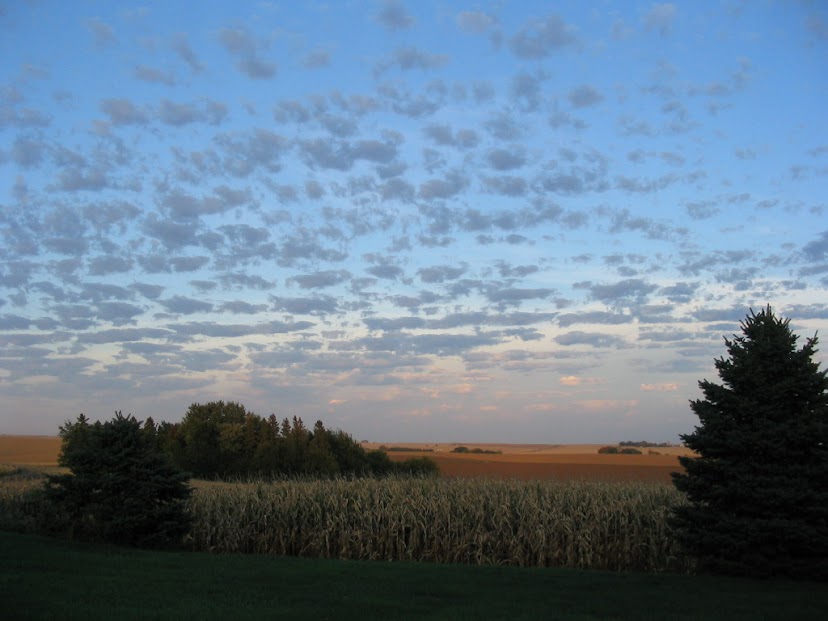
 About a decade before coming to Deep Springs, I sometimes spent time with a teaching elder of the Indian Tribe on whose ancestral land my college was built. They had no reservation; the language and especially traditional dance as a form of prayer was how they had maintained their identity. New Agers were not welcome; I was welcome precisely because I was a practicing Catholic and not looking to co-opt their traditions to escape the demands of my own.
About a decade before coming to Deep Springs, I sometimes spent time with a teaching elder of the Indian Tribe on whose ancestral land my college was built. They had no reservation; the language and especially traditional dance as a form of prayer was how they had maintained their identity. New Agers were not welcome; I was welcome precisely because I was a practicing Catholic and not looking to co-opt their traditions to escape the demands of my own.There was a small pow-wow every year, essentially a religious event of strictly traditional drumming and no prizes. We honored the flag of the U.S. and the Eagle Feather Staff, honored veterans, did mourning dances with the bereaved and healing dances for the sick. Some were humorous. And at every pow-wow, there were dances to honor the animals who had died and been eaten that day. Everyone who had eaten meat was expected to dance.
At Deep Springs I attended most of the slaughters that took place, often to help in minor ways. Slaughter is very intimate. The first cow I helped skin shocked me with the warmth of its shining, reeking fat. It's naturally honest to call a rectum at such close range an asshole, but I never saw disrespect toward the animal. A couple of slaughters went grievously wrong by accident rather than callousness.
Before coming to the Valley, I had sacrificed plenty of bait fish, little eels, impaled plenty of living shrimp behind their yellow brains. I'd sacrificed some game fish as a result, always with my father. My father's father had been a subsistence hunter and 'though he never explained it, the only acceptable word for making meat was sacrifice; only vermin and roadkill got killed. I pray the Mass in Latin today and study the Old Testament, and even so it's almost impossible to convey the habit of reverence sacrifice carries from the hunters of my family.
And I did want to convey it at slaughter. Whether a mammal or fowl was made our meat, one or two students obviously wanted a larger framework than dinner. That framework wasn't quite big enough to acknowledge that a unique creature became an anonymous pile of meat when it hit the ground. Some of them would have been relieved to dance to sacred drums, which I could not offer. There was only how I behaved myself, when I helped and when I taught.
I learned to draw birds mid-summer from the farm parents of a graduate. It was a terrific learning experience, largely because my friend's father was a natural born teacher, like my father. I knew I'd be teaching others the next time I did it, so I was listening to his pedagogy while noticing that his wife plucked feathers in fast circles.
About the time we sacrificed Tom Hudgens' turkeys, the last farmer in my family put her organic farm up for sale: a small, diversified farm that had never had a drop of chemical agriculture, abutting a National Wildlife Refuge. My husband and I had made the decisions years before that made it impossible for us to buy the farm and it passed out of the family. At least one of the students who helped draw the turkeys quietly hated my guts, but he was the only one I had talked to about the farm slipping away.
Amid the smells of wet feathers and turkey blood, I felt really blessed. I was wearing bonepile clothes, to sacrifice someone else's birds that would be mostly eaten by guests. It was my borrowed farm in a wilderness I knew I'd be leaving. I was very conscious of the gift of good teaching from a friend's father and my own. Everything about that slaughter spoke of someone else's kindness, but I didn't feel poor. Application season had begun, and I was going to get to give away everything. Gratitude.

No comments:
Post a Comment